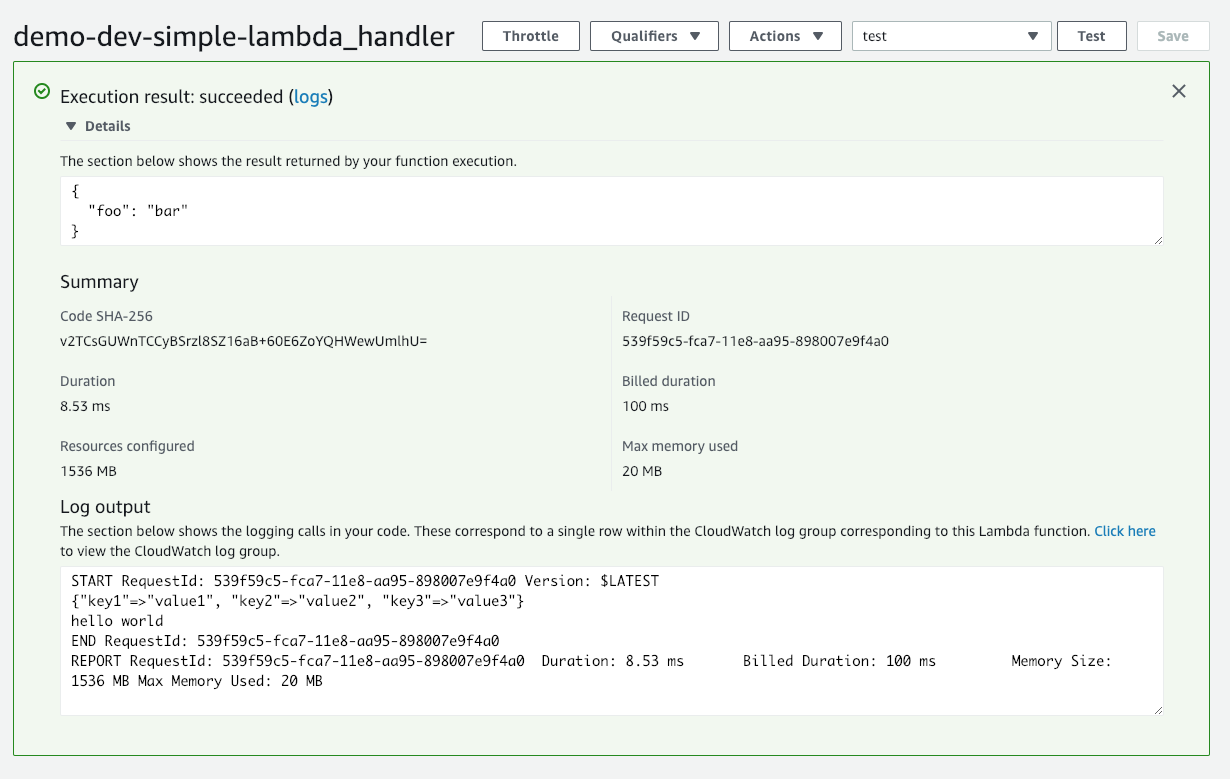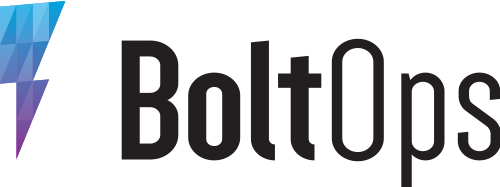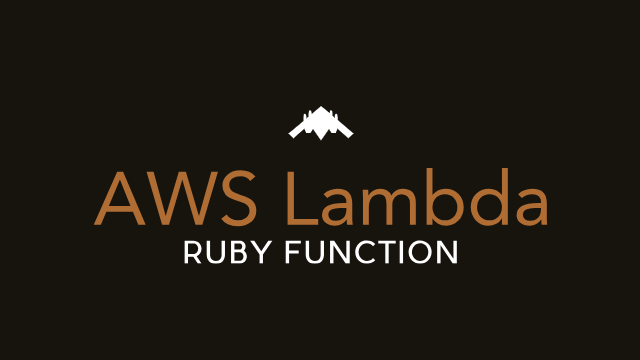Jets supports writing simple AWS Lambda functions with Ruby. You define them in the app/functions folder. A function looks like this:
app/functions/simple.rb:
def lambda_handler(event:, context:)
puts "hello world"
end
The default handler is named lambda_handler. The lambda function shows up in the Lambda console like this:

You can run the function in the AWS Lambda console and see the results:

More than Simple Functions
Though simple functions are supported by Jets, aside from the ability to use Ruby they do not really add much value. Other classes like controllers and jobs add many conveniences and are more powerful to use. Here are a few quick examples:
Controllers
Controllers are designed to handle web request and serve responses.
class PostsController < ApplicationController
def index
# renders Lambda Proxy structure compatiable with API Gateway
render json: {hello: "world", action: "index"}
end
end
The public methods of a Controller class get deployed as separate AWS Lambda functions.
Jobs
Jobs are designed to handle background jobs and can process work outside the web request cycle. The rate declaration creates a CloudWatch rule and schedules the function to run periodically.
class HardJob < ApplicationJob
rate "10 hours" # every 10 hours
def dig
puts "done digging"
{done: "digging"}
end
end
Once again, the public methods of a Job class get deployed as separate AWS Lambda functions.
So you’d probably benefit more from writing Controllers and Jobs since they add so many conveniences over the simple function.



